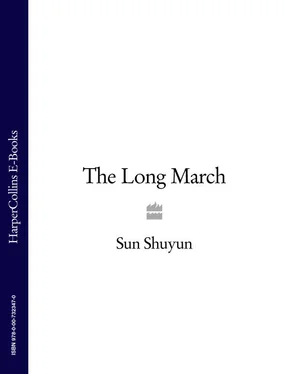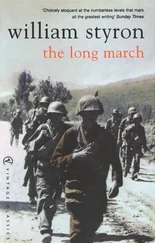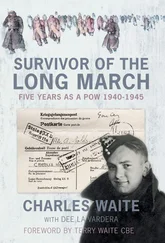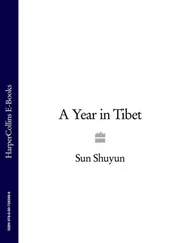After a few days, the accents of the people in the towns and villages they passed through began to change and Huang became concerned. Where were they going? How long were they going away for? Were they coming back? Nobody knew. His commissar told them, ‘We belong to the Party. Wherever the Party points, we will go.’ But when the local dialect became completely incomprehensible, he was really worried. He did not know they had already left Jiangxi and were in Guangdong Province. He kept stopping and looking back, maybe trying to remember the route or just missing his home – he was not sure. He had to be pushed back into the marching column. And then after five weeks, they were in a strange land of green cone-shaped hills wreathed in mist, rearing up above gleaming rivers. To the Chinese, this was, and still is, a paradise on earth – Guilin in Guangxi Province, south-west China. But to Huang and his comrades, it meant they were too far from home, and they wanted to go back.
Right from the beginning, desertion was a serious problem. Woman Wang remembered the warning from their political commissar in the Central Column before they set off: ‘Comrades, we are entering the White area … You should be extra careful. Do not fall behind. Don't be tempted by the enemy's propaganda. And be vigilant about deserters.’ 4 But the caution had little effect on the reserves and the porters, who were the first to desert. Party documents, cupboards, costumes and sets for plays, and pots and pans were dumped. Heavy equipment such as the printing machines was carried first by eight, then six, then four men; finally it had to be abandoned or buried. There were not enough porters to carry the X-ray machine, the prize possession of the Red Army hospital. In the end, Mao persuaded them to bury it: ‘When the whole country is ours, you will have as many X-ray machines as you like. Chiang will have prepared them for you. Don't worry about it now.’
Wang could not relinquish her wounded, not a single one. She had twelve porters to carry her six officers. She chatted with them like a sister, offering them her own ration of rice, and boiled water for them to soak their feet at the end of the day. Just three days into the march, one of them begged to be released – he was missing his wife and children. Wang told him of the importance of his work for the Revolution, but he would not listen.
‘Whose revolution?’ he retorted. ‘How can I protect my home and my children by abandoning them?’ One night he complained of a stomach problem and disappeared.
Конец ознакомительного фрагмента.
Текст предоставлен ООО «ЛитРес».
Прочитайте эту книгу целиком, купив полную легальную версию на ЛитРес.
Безопасно оплатить книгу можно банковской картой Visa, MasterCard, Maestro, со счета мобильного телефона, с платежного терминала, в салоне МТС или Связной, через PayPal, WebMoney, Яндекс.Деньги, QIWI Кошелек, бонусными картами или другим удобным Вам способом.







![Джеффри Арчер - The Short, the Long and the Tall [С иллюстрациями]](/books/388600/dzheffri-archer-the-short-the-long-and-the-tall-s-thumb.webp)




